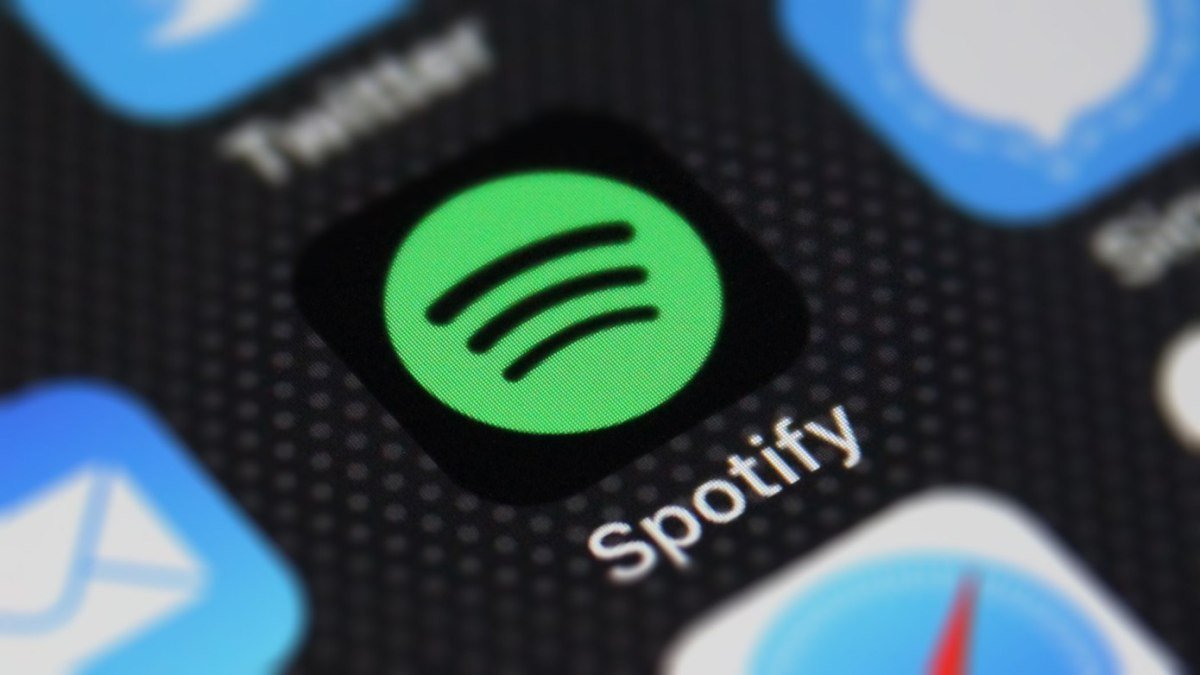The European Commission is poised to make a crucial decision regarding the streaming music market, specifically addressing Spotify’s complaint about competition. Rumors suggest that the ruling may not favor Apple, the tech giant that could face fines of up to €500 million (around $539 million USD) for allegedly breaking EU law.
Rather than merely accepting the consequences, as a company valued at $3 trillion may do, Apple is taking a stand and bringing the battle to the public. In a statement released today, the company refutes Spotify’s claims of being harmed by anti-competitive practices:
We’re happy to support the success of all developers – including Spotify, the largest music streaming app globally. Spotify pays Apple nothing for the services that have helped them build, update, and share their app with Apple users in 160 countries. The heart of their complaint is their desire for unlimited access to all of Apple’s tools, without paying anything for the value that Apple provides.
Apple also highlights that Spotify holds a significant share of the market at 56%, compared to Amazon Music’s 20% and Apple Music’s 11%, according to MIDiA’s 2022 report on the subscription music market. Additionally, Apple shares several details about Spotify’s use of its platforms, including:
- Thousands of Apple APIs used across 60 frameworks
- Utilizing Apple’s beta testing platform, TestFlight
- Submitting over 420 versions of its app to App Review (all approved)
- Receiving assistance from Apple engineers for various challenges, such as hardware-accelerated media playback and battery optimization
And, for those interested in numbers, Apple reveals that Spotify’s app has been downloaded, re-downloaded, or updated over 119 billion times on Apple devices – a statistic that was previously unknown. The fact that Apple is preemptively commenting on the EC’s decision is significant in itself, showcasing the company’s unwavering belief in its practices and its desire to refute any ruling that suggests otherwise.
Apple’s argument is that its system is beneficial for both consumers and developers. They claim that using in-app purchases for services like music subscriptions not only eliminates the hassle of visiting external websites on the iPhone’s small screen but also protects against fraud, excessive data collection, and confusion surrounding cancellations and unauthorized purchases made by children (although Apple has also faced criticism for the latter).
Moreover, Apple alleges that Spotify’s motivation is profit-driven, as it leverages regulations to its advantage. In this particular case, the concern is that Apple’s App Store creates unfair competition in the music streaming market. It is not solely about Spotify’s alleged harm but also about the potential distortion of the market.
In 2021, EVP and competition chief Margrethe Vestager stated, Spotify is a big player in the music streaming market, but we don’t know what would have been the conditions without Apple. There are other rivals to Apple Music – such as Deezer and Soundcloud – and we have real concerns about their development. This is not just a Spotify case; it is a music streaming case.
While Apple Music is not the sole competitor, Spotify has been the most vocal, challenging the company on several fronts. For instance, Spotify has criticized Apple’s new DMA rules, calling them “extortion” and a “complete and total farce.”
To protect its interests and consumers, Apple has introduced a new system in response to the EU’s Digital Markets Act (DMA) regulation. It now requires developers to pay not only for App Store payment processing but also for other services through a “Core Technology Fee.” In other words, Apple wants developers to pay for the work of creating and maintaining its iOS platform, which allows apps to run, rather than acknowledging that access to popular apps drives the sale of iPhones.
In response, Apple disputes Spotify’s allegations of harm from anti-competitive practices. They point to Spotify’s success over the years, growing its streaming app at an average rate of 27% from 25 million to 160 million subscribers over the span of eight years. Apple also notes that Spotify users often subscribe to the service outside of the app and that Spotify falls under the “Reader app” exception of Apple’s rules, allowing for direct account creation and payment methods, similar to Netflix.
However, Apple overlooks the fact that Spotify turning a quarterly profit is still newsworthy and that the company recently laid off 17% of its workforce. Additionally, Spotify faces fierce competition on iOS from Apple Music, which comes pre-installed on Apple devices and is also offered as part of the Apple One bundles.
Moreover, Apple stresses the close collaboration between Spotify and the European Commission. The two parties have met over 65 times since the start of the investigation. However, this investigation has been ongoing for years.
A representative for the EC declined to comment on Spotify’s complaint or any impending fines, as reported by the Financial Times. The fine is expected to be announced in the coming month.
Spotify responded to Apple’s statement, saying:
Spotify’s success has happened despite Apple’s best efforts to gain an artificial advantage by favoring their own music service at every turn while placing roadblocks and imposing unfair restrictions on ours. Under their current rules, Apple controls Spotify’s access to its own customers and gives Spotify two choices:
We either deliver a poor user experience, where we cannot directly communicate how to buy or subscribe to Spotify on iPhones, or we accept a cost disadvantage of 30%, compared to our biggest competitor. This is not a level playing field. We support the European Commission and trust they will take action soon to create a fair ecosystem for all parties involved.
Natasha Lomas, a journalist specializing in European tech coverage, contributed to this report.









[…] years of investing in the Indian market, Apple is finally seeing its efforts pay off. According to a recent note from Morgan Stanley, the […]